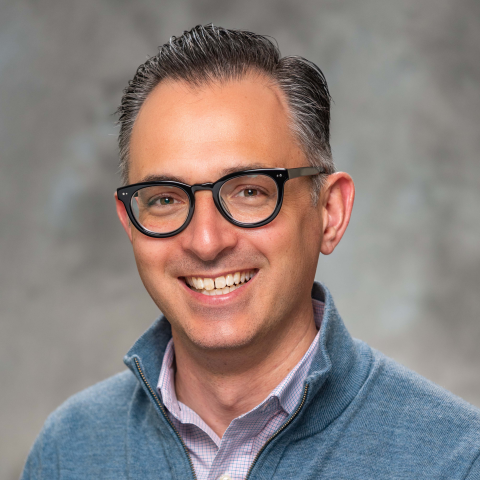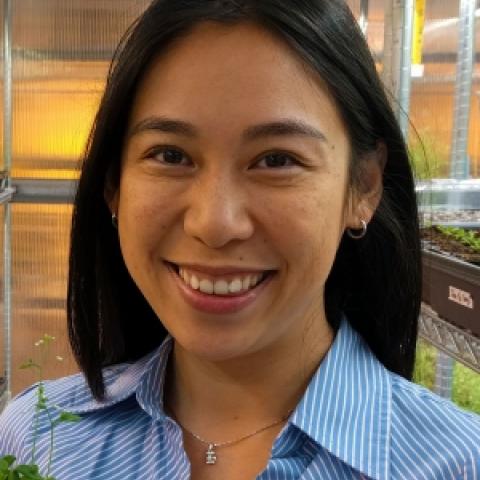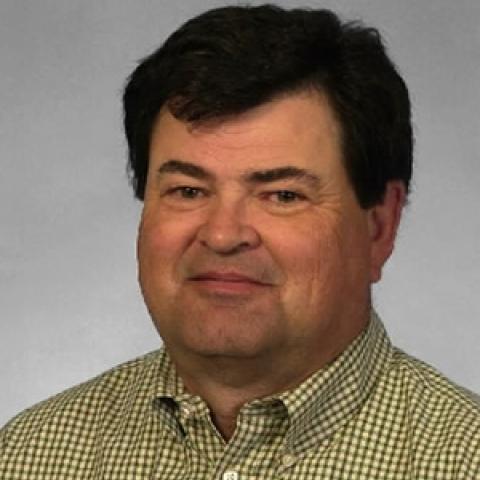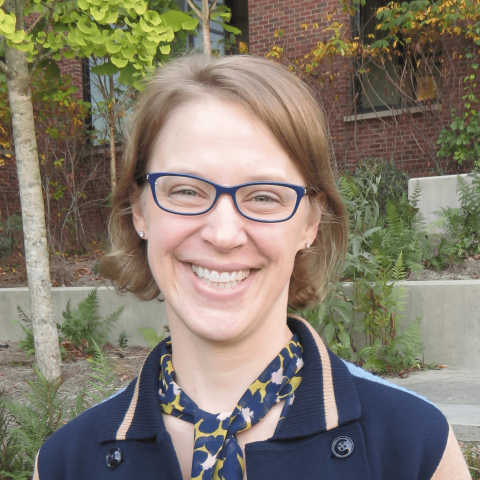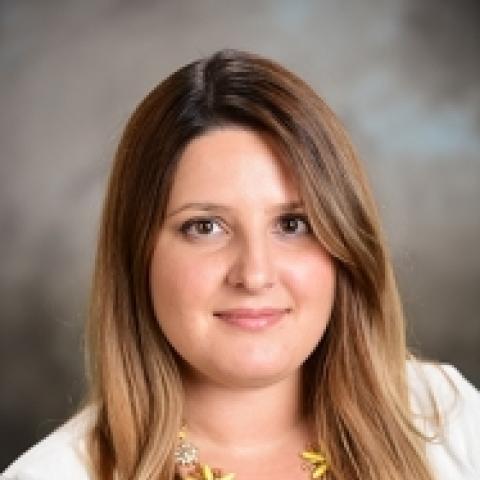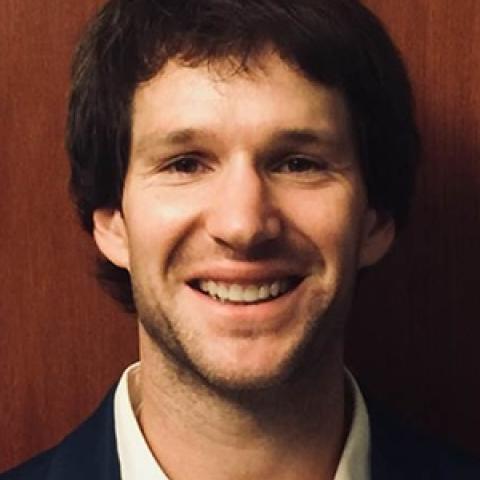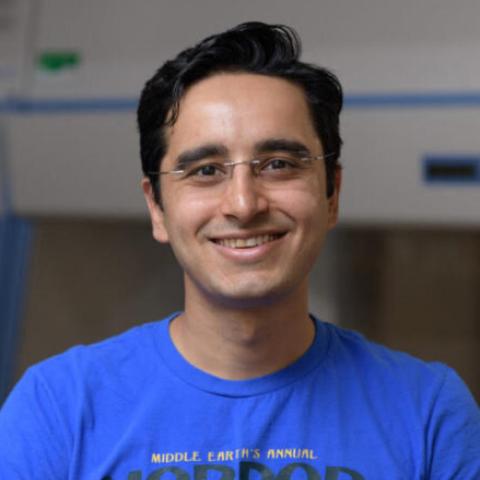David Flaherty
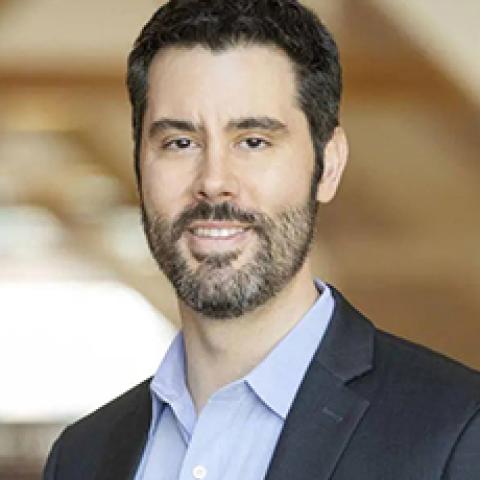
David Flaherty, PhD is a Professor in the School of Chemical and Biomolecular Engineering at Georgia Tech since June 2023 (starting Summer 2023, previously at the University of Illinois, Urbana-Champaign). His research focuses on developing the science and application of catalysis in the pursuit of sustainability. In recent years, his group’s contributions have been featured in Science, Nature Catalysis, Journal of the American Chemical Society, ACS Catalysis, Journal of Catalysis and other prestigious journals. Dr. Flaherty has received several recognitions for excellence and innovation in catalysis including the Eastman Foundation Distinguished Lecturer in Catalysis, Department of Energy Early Career Award, and the National Science Foundation CAREER Award. Dr. Flaherty engages frequently with industry to translate the groups scientific achievements from the lab into practice. Through university-industry partnerships, the group has filed multiple patents disclosing synthesis of catalytic materials and development of processes. Beyond his research activities, Dr. Flaherty enjoys teaching topics in chemical engineering in the classroom (kinetics, separations, transport, reaction engineering) and mentoring the next generation of research leaders and educators.
Prof. Flaherty received his B.S. in Chemical Engineering from the University of California, Berkeley and his Ph.D. in Chemical Engineering from the University of Texas at Austin under the direction of Prof. C. Buddie Mullins. He conducted postdoctoral work at the University of California, Berkeley with Prof. Enrique Iglesia.
- Fuels
